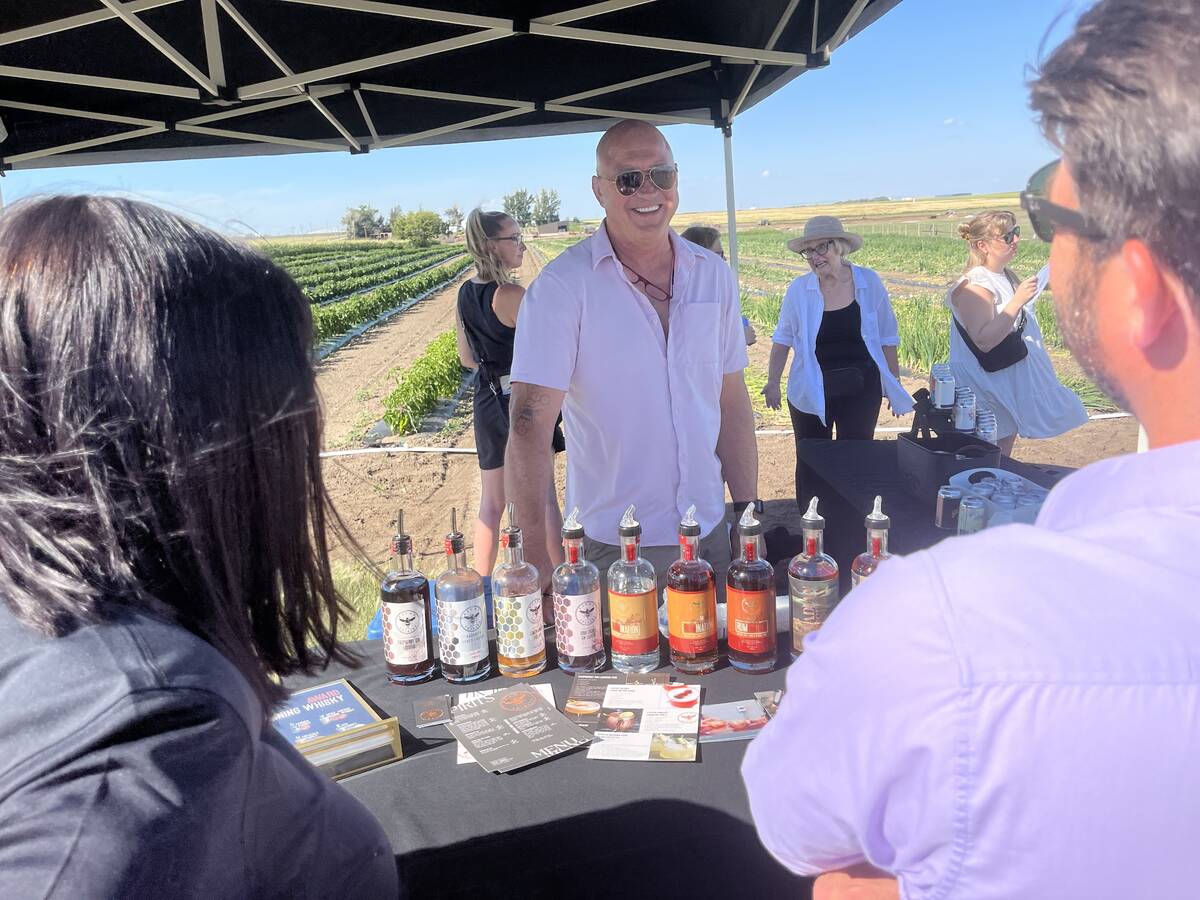Q: A took the car of B, a friend, without permission. B had left the keys in and A thought it would be a good idea to get the car off the street. B lives on a farm near town. This occurred on a winter night when the streets were icy. As A rounded the corner the car skidded and ran into a building.
The RCMP investigated the accident but did not lay any charges, saying that they could find no fault on A’s part.
However, the insurance company, Saskatchewan Government Insurance, has denied A any coverage saying that as he “took the car without permission,” he is responsible for all damages. Further, it is holding A responsible for the damages to the building and denying A a licence until he settles the damages.
Read Also

From farmer to award-winning distiller
Pivot Spirits showcases transition from farmer to distiller with provincial award-winning results in Alberta for Lars Hirch
Is A responsible for the damages when he was doing a favor for B by taking the car off the street?
A: Unfortunately, the law is neither simple nor straightforward regarding your question. There is no law that says “when you drive someone’s car without permission you are responsible for all damage.” Rather, a number of legislative provisions apply.
Section 86 of the Highway Traffic Act provides that when there is an accident due to negligence or improper conduct, the driver and owner of the vehicle are responsible. In order to cover ourselves against such claims, we buy insurance. In most provinces some level of public liability insurance is mandatory.
A vehicle driven by someone without permission of the owner is considered by SGI to be driven by an uninsured motorist, and this driver is liable for damages caused due to his operation of the vehicle. SGI can be required to make payments to individuals who have suffered loss at the hands of an uninsured motorist according to sections 52-59 of the Automobile Accident Insurance Act. Under those sections, SGI can also sue and claim against any uninsured driver, A in this case, for the amount of payments made. Under section 54 of that act and section 58 of the Vehicle Administration Act, a licence can be denied as long as there is an unsatisfied judgment.
Why so many acts to deal with one problem? Unfortunately, our legislators have made the law more difficult than it need be. I am a proponent of simplifying our laws so they are easily understood. As a start, I believe all laws dealing with a particular subject such as motor vehicles and highway traffic should be put in one statute.
You say that A took B’s car without permission. However, the issue of permission or consent is a complex one and permission can be granted without specifically saying “take my car.”
I assume that at some point A would have received notice of claim by SGI. At this point he could have advanced the defence that he drove B’s vehicle with permission. Permission can be granted in many different ways and can be implied by the conduct of the parties. Thus you can say to your neighbour “you can take my truck today.” This would be express permission. In a different scenario, assume that A and B are carpenters who work together. A owns the truck. A says to B, “any time you need to get some supplies and I’m not around, just take the truck.” This is a different form of consent.
Finally, permission can be implied. Thus if A has been using B’s car for a long time and B hasn’t said anything, consent can be implied. Perhaps this argument could have been advanced in this case.
Unfortunately, it sounds from your letter that A may have ignored any papers relating to a claim that were served on him. From your letter it sounds like any appeal periods have passed and at this point you may not be able to do anything. Perhaps you could see if you can negotiate a payment schedule.














